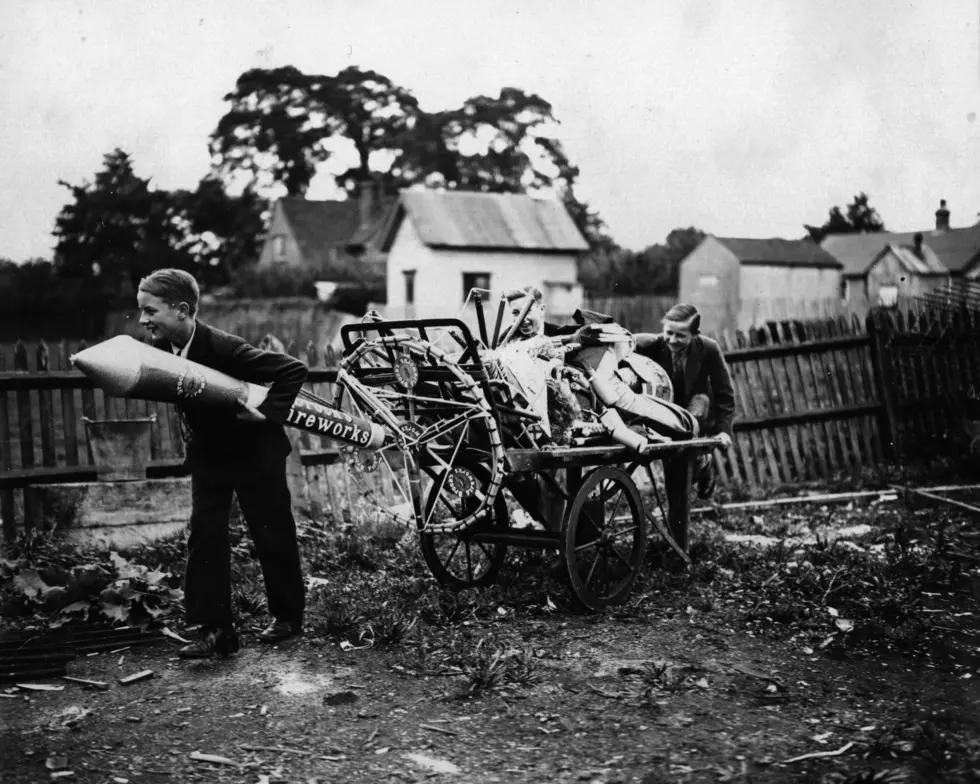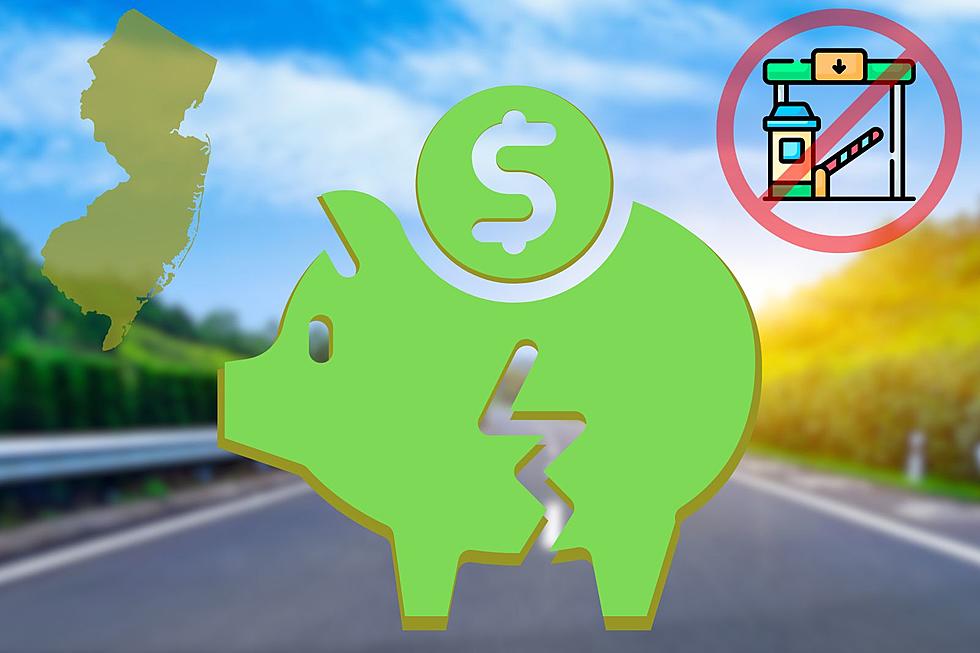
The 4th of July carnage that banned fireworks in NJ
The fireworks law changed, slightly, in New Jersey last year. You'll now see poppers, sparklers and the like for sale. Nothing that goes airborne or explodes however. Those are still banned.
The ban on fireworks goes back 81 years. Here's how it happened.
In 1936 the 4th of July holiday weekend was a particularly bloody, catastrophic affair. July 4th fell on a Saturday that year, so the timing was perfect for the most partying. Among the wounded, a 10-year-old girl with her upper lip blown off. An 8-year-old from Shrewsbury who underwent surgery to save two fingers ripped off by just a firecracker. Another 8-year-old and a 9-year-old with severe burns admitted to hospitals. And not just children. A 21-year-old man with lip injuries and a 48-year-old man with a horrifically burned hand.
It gets worse. Marvin Kaplan was a 9-year-old boy who was killed that weekend and laid to rest in Perth Amboy. He was one of two children killed that year in New Jersey by fireworks. In all 927 people, most of them kids, were injured by fireworks. This marked a 10 percent increase in the state from the year before and it was the highest total in all of the United States.
This was the impetus for the push to ban fireworks. The American Legion, Bergen County Catholic War Veterans, NJ Fraternal Congress, Benevolent Order of Elks all joined in the call for a ban. A bill was put up for a vote on March 10th the following year and it passed in the Assembly without a single no vote. A few weeks later the Senate passed it and sent it to Governor Harold Hoffman, a Republican, who signed it into law.
The impact was immediate. The year after the law was signed a sharp decline in fireworks injuries was reported.
More from New Jersey 101.5
More From New Jersey 101.5 FM









